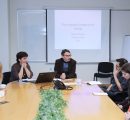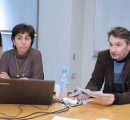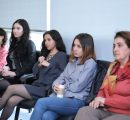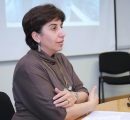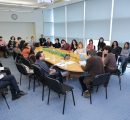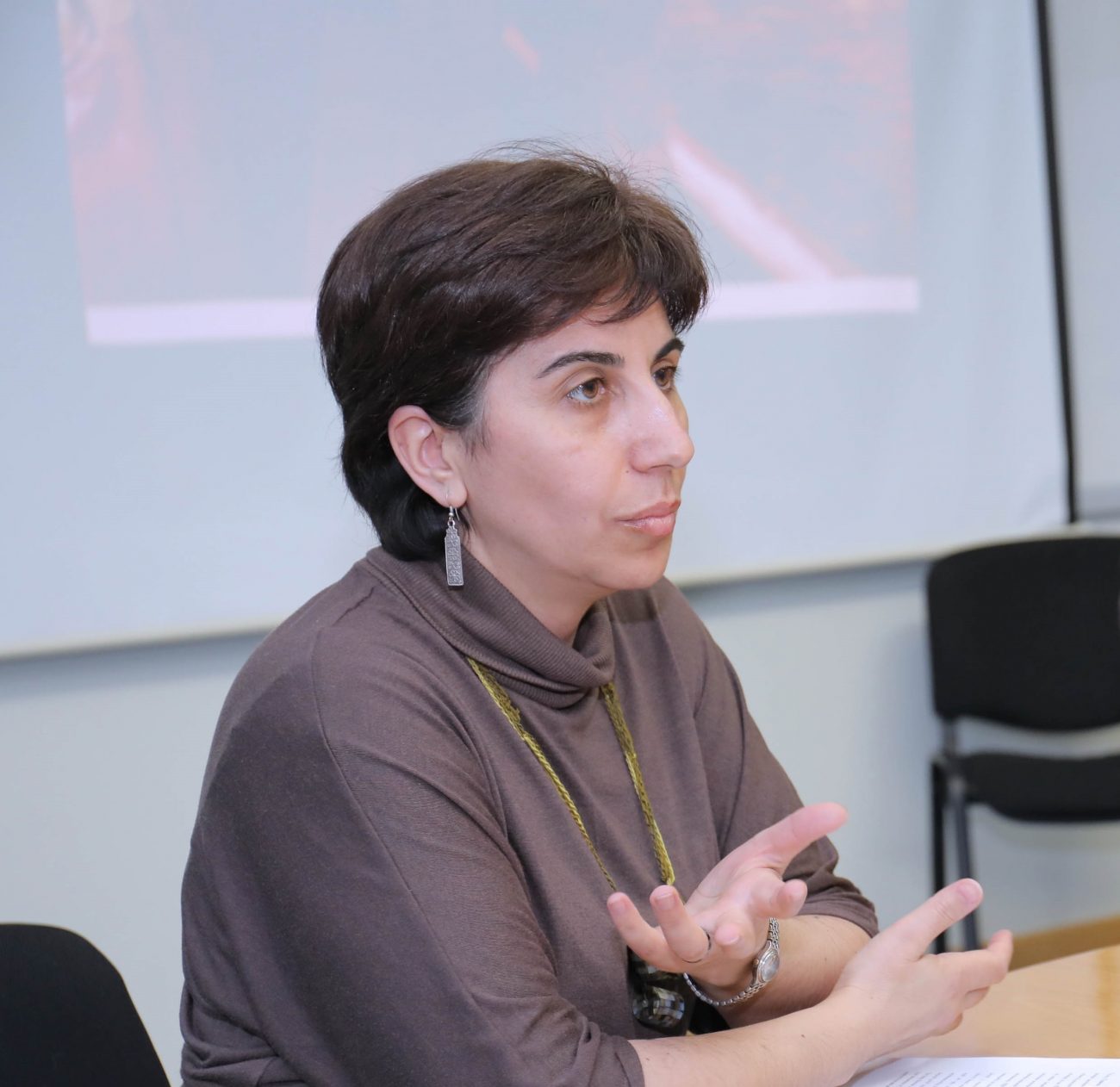
The Language Created in the Gulag
2 min readYEREVAN, Armenia – On March 22, the American University of Armenia (AUA) Political Science and International Affairs (PSIA) program held a seminar titled “The Language Created in the Gulag,” presented by AUA lecturer Siranush Dvoyan.
The Gulag (the Russian acronym for Chief Administration of Corrective-Labor Camps) had a unique role in the system of the Soviet government and public life. In the 1930s, during the period of Soviet industrialization and collectivization, “organized labor” became an imperative of state politics, where the state took on the role of the organizer of labor, dictating both the means of labor and its outcomes. Those citizens who opposed the dictate or did not satisfy those means were defined as “kulaks,” “anti-Soviet elements,” and “enemies of the people” and were isolated from the society. The aforementioned words, though initially used verbally, found their place in official documents, naming and distinguishing people and phenomena before long.
General names ‒ such as kulaks, Whites, Dashnaks, and Musavats ‒ given to anti-Soviet elements also denoted people’s social status or ideological orientations. The interrogations of the detainee and the following events show that individuals named “anti-Soviet elements” or “enemies of the people” either did not accept the given name by rejecting the allegations against them, or accepted it and went mad in exile, as the testimonies of survivors can prove.
Dvoyan studied the lexicon of the survivors of the 1960s exile based on their testimonies and literary works. Her findings show that some words have different interpretations of genealogical history and different usage range in testimonies and literature. According to her, it is remarkable that the word “Zeka”, first used in the official language by one of the Gulag chiefs, Lazar Kogan, to refer to inmates, was later adopted by the convicts and survivors themselves.
In the end, Dvoyan noted that the Gulag, as a reality, is not confined to 1930-1950s. She added that the genealogy of words often used in our everyday life is also related to the Gulag. Dvoyan’s presentation was followed by questions and answers on such topics as the creativity of survivors, the reflection of their experience in their writings, as well as the existence of any evidence of the female experience in the Gulag.
Founded in 1991, the American University of Armenia (AUA) is a private, independent university located in Yerevan, Armenia, and affiliated with the University of California. AUA provides a global education in Armenia and the region, offering high-quality graduate and undergraduate studies, encouraging civic engagement, and promoting public service and democratic values.

